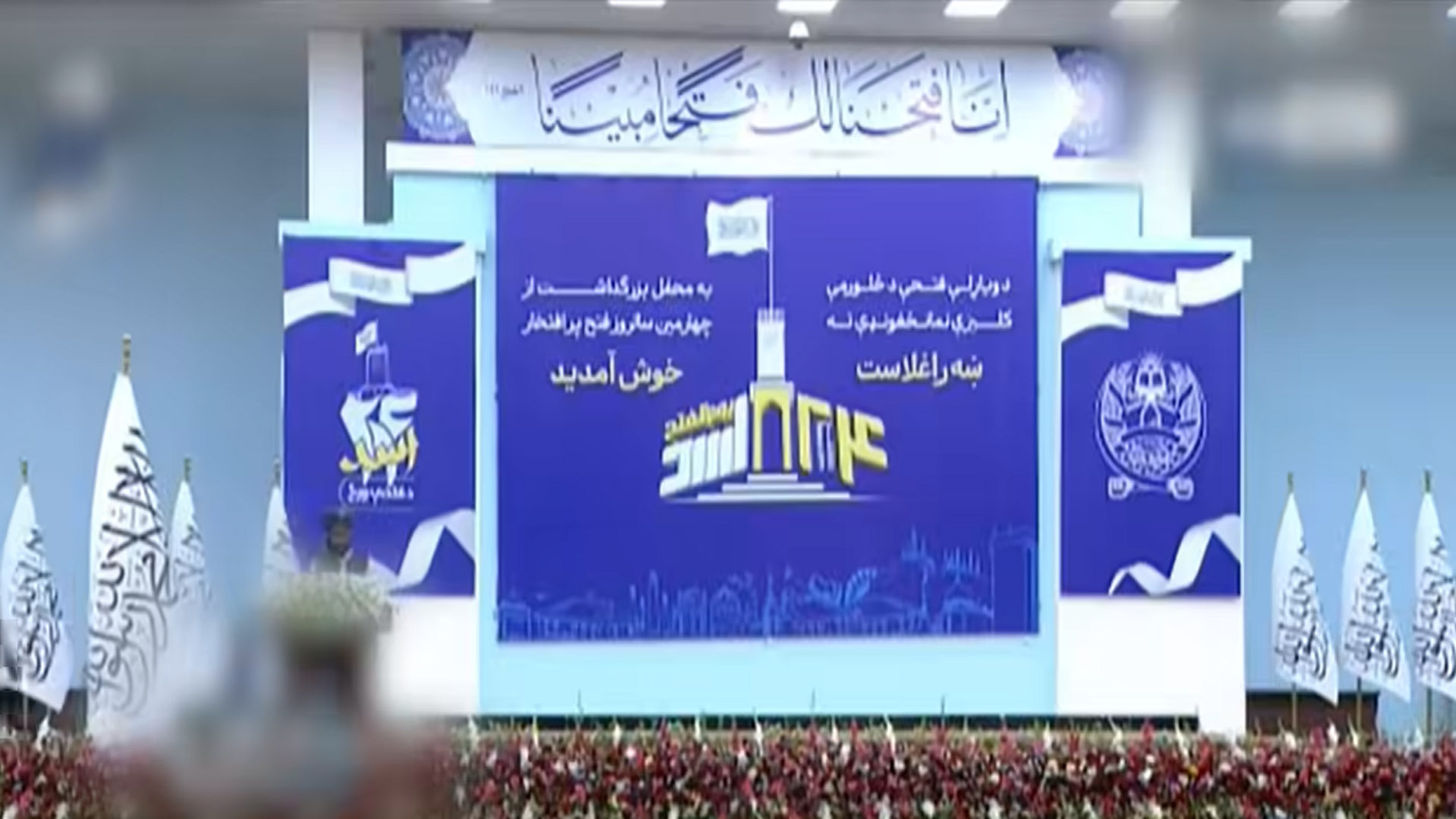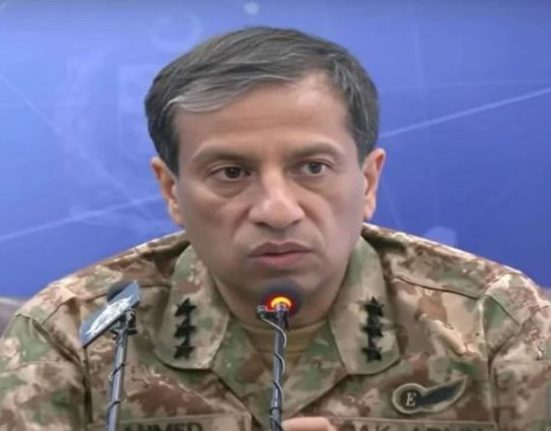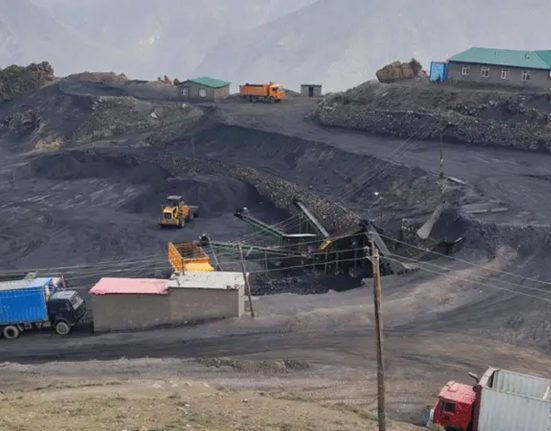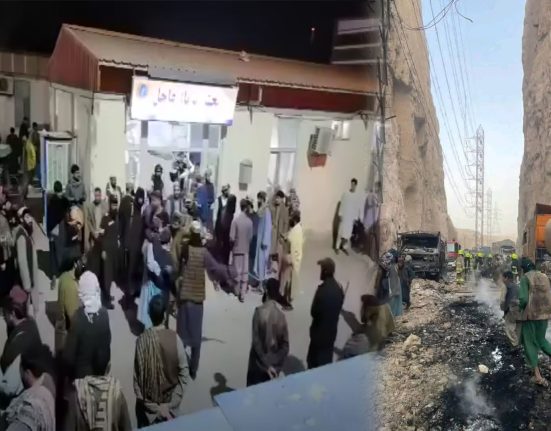
The end of the Taliban’s rule was announced at the same time as a celebration (only in the Loya Jirga tent).
On the fourth anniversary of the Taliban’s return to power, the group’s developments and messages once again showed that the current Afghan government continues to move in the direction of isolation, repression and domestic and international distrust.
After four years of rule, the Taliban held a celebration only in the Loya Jirga tent.
Taliban leader Mullah Hibatullah Akhundzada announced in an official message that the title of “acting” should be removed from the cabinet structure and ministers should introduce themselves as full ministers.
The decision comes as all Taliban government institutions have been virtually run by “supervisors” for the past four years; A change that is more symbolic than a real transformation in efficiency or political legitimacy.
The anniversary ceremony was held at the Loya Jirga Hall in Kabul without the presence of the Taliban leader and Mullah Hassan Akhund, and unlike last year, there was no military parade or display of US weapons.
The night before, Taliban supporters celebrated with flags and fireworks near the former US embassy. The day, which the Taliban call “Victory Day,” actually commemorates the collapse of the republic and the beginning of a period of restrictions, especially against women and girls;
The restrictions have isolated the group globally, and so far only Russia has officially recognized it.
The anniversary was marked by a wave of protests in various cities around the world.
The Supreme Council of National Resistance considered the Taliban’s rule to have no legal or moral legitimacy, and the Jamiat-e-Islami party described the return of the Taliban as a “handover of Afghanistan” to the group.
Women’s rights activists such as Fawzia Kofi and diplomats such as Nasir Ahmad Fayeq described the four years as a period of suffocation and darkness, especially for women, equivalent to decades of suffering.
These positions and protests show that despite the Taliban’s efforts to consolidate power and change the government structure, the crisis of legitimacy and internal and external opposition persist and there is no clear prospect for an end to this cycle of repression.







